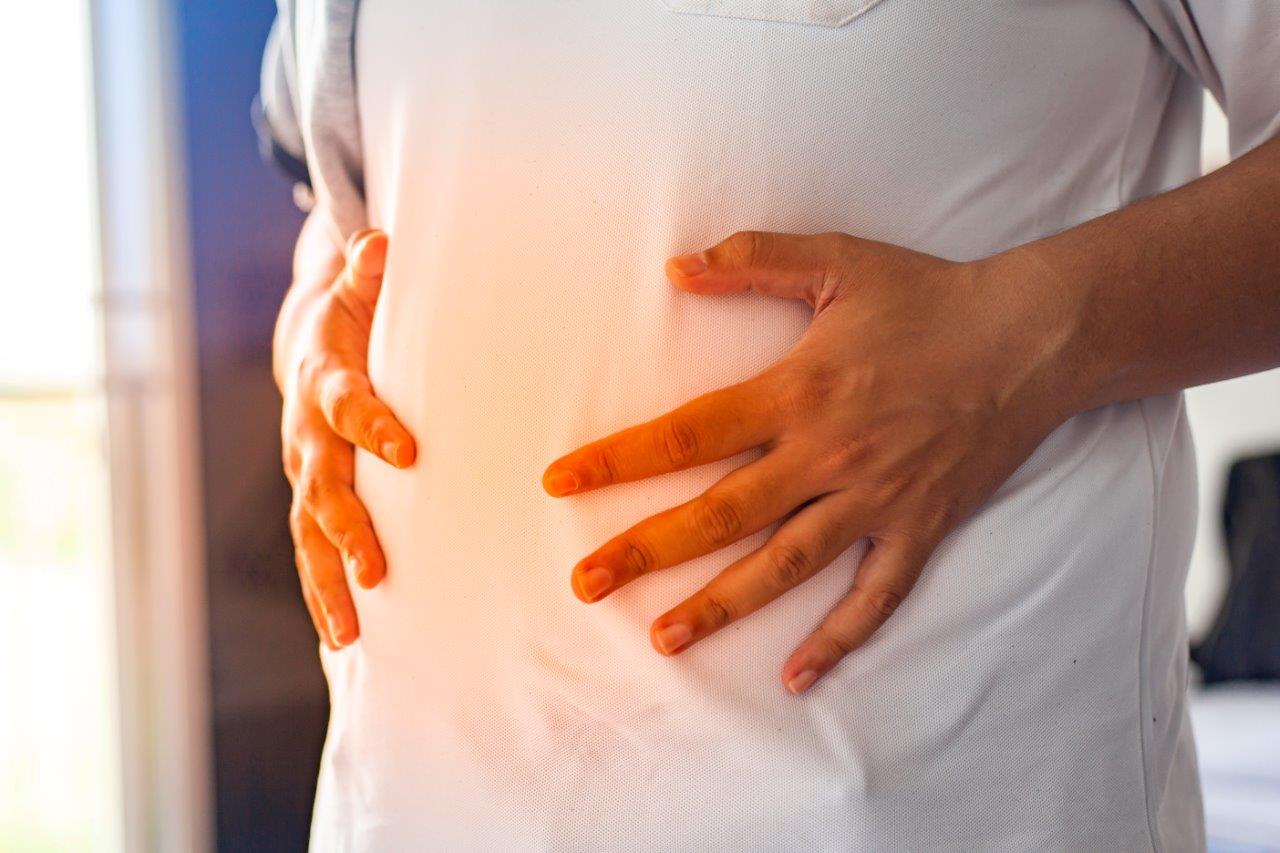

Flatulence – Causes, Diagnosis and Treatment at Emirates Hospitals Group
Overview
Flatulence, commonly known as passing gas or farting, refers to the release of gas from the digestive system through the rectum. While it is a normal bodily function, excessive or particularly foul-smelling flatulence can indicate an underlying health issue. Understanding the causes, diagnosing the condition, and knowing the treatment options are essential for managing this symptom.
Causes
- Dietary Factors – Foods rich in fiber, like beans, lentils, broccoli, and whole grains, are common culprits in causing excessive gas. Foods containing sugars like fructose, sorbitol, or lactose (found in dairy products) can also contribute to bloating and gas.
- Swallowing Air – Aerophagia, or swallowing air, can occur when eating or drinking too quickly, chewing gum, or smoking, leading to the accumulation of gas in the digestive system.
- Gastrointestinal Disorders – Conditions such as irritable bowel syndrome (IBS), lactose intolerance, celiac disease, or gastroesophageal reflux disease (GERD) can lead to increased flatulence.
- Infections – Gastrointestinal infections caused by bacteria or parasites can disrupt normal digestion, leading to excessive gas production.
- Constipation – When bowel movements are infrequent, gas can become trapped in the intestines, resulting in bloating and flatulence.
- Medications – Some medications, especially antibiotics or drugs that affect digestion, may increase the amount of gas produced in the intestines.
Diagnosis
- Medical History & Physical Exam – A healthcare provider will ask about symptoms, diet, and lifestyle habits.
- Blood Tests – To rule out infections, food allergies, or malabsorption issues.
- Breath Tests – Lactose intolerance or small intestinal bacterial overgrowth (SIBO) can be diagnosed with a breath test to assess digestion-related issues.
- Imaging – In some cases, abdominal X-rays or ultrasounds may be performed to check for underlying gastrointestinal issues.
Treatment Options
- Dietary Adjustments – Reducing intake of gas-producing foods and eating smaller, more frequent meals can alleviate symptoms.
- Probiotics – Supplements containing beneficial bacteria can aid digestion and reduce gas.
- Over-the-Counter Medications – Simethicone (Gas-X) can help break down gas bubbles, reducing discomfort.
- Addressing Underlying Conditions – Treating any digestive disorders, such as lactose intolerance or IBS, can help manage flatulence.
If flatulence is persistent or accompanied by other symptoms like pain or weight loss, it’s important to consult a healthcare provider for further evaluation and treatment.
Related Treatments
Request an appointment
Please complete the details and we will book you shortly.
